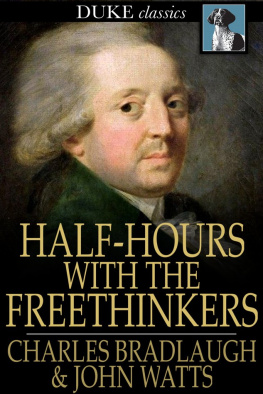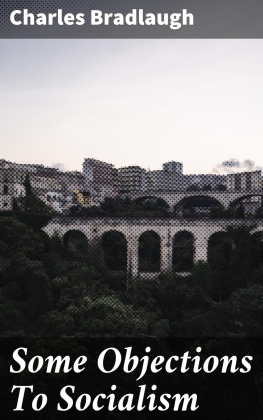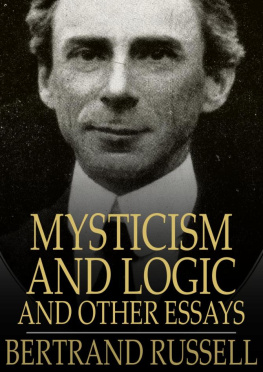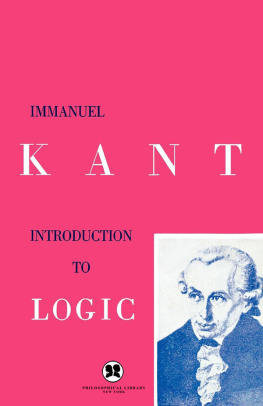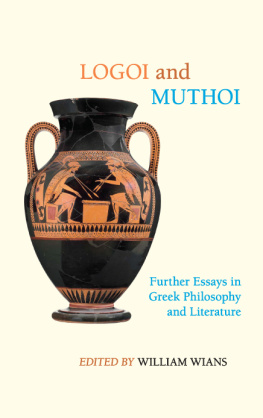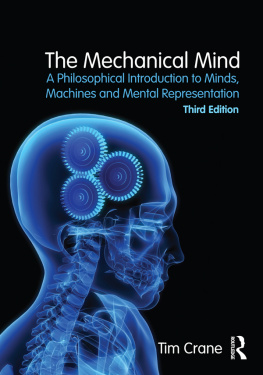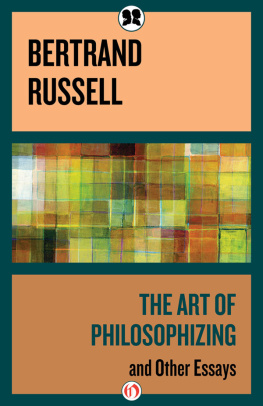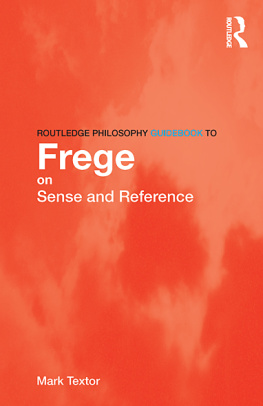HALF-HOURS WITH THE FREETHINKERS
* * *
CHARLES BRADLAUGH
JOHN WATTS
ANTHONY COLLINS
*
Half-Hours with the Freethinkers
First published in 1877
ISBN 978-1-62012-816-9
Duke Classics
2012 Duke Classics and its licensors. All rights reserved.
While every effort has been used to ensure the accuracy and reliability of the information contained in this edition, Duke Classics does not assume liability or responsibility for any errors or omissions in this book. Duke Classics does not accept responsibility for loss suffered as a result of reliance upon the accuracy or currency of information contained in this book.
Contents
*
Editors' Preface
*
In these pages, appearing under the title of "Half-Hours with theFreethinkers," are collected in a readable form an abstract of the livesand doctrines of some of those who have stood foremost in the ranks ofFree-thought in all countries and in all ages; and we trust that ourefforts to place in the hands of the poorest of our party a knowledgeof works and workerssome of which and whom would otherwise be out oftheir reachwill be received by all in a favorable light. We shall,in the course of our publication, have to deal with many writers whoseopinions widely differ from our own, and it shall be our care to dealwith them justly and in all cases to allow them to utter in their ownwords their essential thinkings.
We lay no claim to originality in the mode of treatmentwe willendeavor to cull the choicest flowers from the garden, and if otherscan make a brighter or better bouquet, we shall be glad to have theirassistance. We have only one object in view, and that is, the presentingof free and manly thoughts to our readers, hoping to induce likethinking in them, and trust-ing that noble work may follow noblethoughts. The Freethinkers we intend treating of have also been FreeWorkers, endeavoring to raise men's minds from superstition and bigotry,and place before them a knowledge of the real.
We have been the more inclined to issue the "Half-Hours with theFreethinkers" in consequence, not only of the difficulty which many havein obtaining the works of the Old Freethinkers, but also as an effectiveanswer to some remarks which have lately appeared in certain religiouspublications, implying a dearth of thought and thinkers beyond the paleof the Church. We wish all men to know that great minds and good menhave sought truth apart from faith for many ages, and that it isbecause few were prepared to receive them, and many united to crushthem, their works are so difficult of access to the general mass at thepresent day.
Thomas Hobbes
*
This distinguished Freethinker was born on the 5th of April, 1588, atMalmesbury; hence his cognomen of "the philosopher of Malmesbury." Inconnection with his birth, we are told that his mother, being a loyalProtestant, was so terrified at the rumored approach of the SpanishArmada, that the birth of her son was hastened in consequence. Thesubsequent timidity of Hobbes is therefore easily accounted for. Thefoundation of his education was laid in the grammar school of his nativetown, where most probably his father (being a clergyman) would officiateas tutor. At the age of fifteen he was sent to Oxford. Five years ofassiduous study made him proficient as a tutor; this, combined with hisamiability and profound views of society, gained him the respect of theEarl of Devonshire, and he was appointed tutor to the Earl's son, LordCavendish. From 1610 to 1628, he was constantly in the society of thisnobleman, in the capacity of secretary. In the interval of this time hetravelled in France, Germany, and Italy; cultivating in each capitalthe society of the leading statesmen and philosophers. Lord Herbert, ofCherbury, the first great English Deist, and Ben Jonson, the dramatist,were each his boon companions. In the year 1628, Hobbes again made thetour of the Continent for three years with another pupil, and becameacquainted at Pisa with Galileo. In 1631 he was entrusted with theeducation of another youth of the Devonshire family, and for near fiveyears remained at Paris with his pupil.
Hobbes returned to England in 1636. The troublous politics of this age,with its strong party prejudices, made England the reverse of a pleasantretirement, for either Hobbes or his patrons; so, perceiving theoutbreak of the Revolution, he emigrated to Paris. There in theenjoyment of the company of Gassendi and Descartes, with the elite ofParisian genius, he was for awhile contented and happy. Here he engagedin a series of mathematical quarrels, which were prolonged throughoutthe whole of his life, on the quadrature of the circle. Seven yearsafter, he was appointed mathematical tutor to the Prince of Wales,afterwards Charles II. In 1642, Hobbes published the first of hisprincipal works, "De Cive, or Philosophical Rudiments ConcerningGovernment and Society." It was written to curb the spirit of anarchy,then so rampant in England, by exposing the inevitable results whichmust of necessity spring from the want of a coherent government amongsta people disunited and uneducated. The principles inculcated in thiswork were reproduced in the year 1651, in the "Leviathan, or the Matter,Form, and Power of a Commonwealth, Ecclesiastical and Civil;" this,along with a "Treatise on Human Nature," and a small work on "TheBody Politic," form the groundwork of the "selfish schools" of moralphilosophy. As soon as they were published, they were attacked by theclergy of every country in Europe. They were interdicted by the Pontiffsof the Roman and Greek Church, along with the Protestants scattered overEurope, and the Episcopal authorities of England. Indeed, to such anextent did this persecution rise, that even the royalist exilesreceived warning that there was no chance for their ostracism beingremoved, unless "the unclean thing (Hobbes) was put away from theirmidst." The young prince, intimidated by those ebullitions of vengeanceagainst his tutor? was obliged to withdraw his protection from him, andthe old man, then near seventy years of age, was compelled to escapefrom Paris by night, pursued by his enemies, who, according to LordClarendon, tracked his footsteps from France. Fortunately for Hobbes, hetook refuge with his old protectors, the Devonshire family, who were toopowerful to be wantonly insulted. While residing at Chatsworth, he wouldno doubt acutely feel the loss of Descartes, the Cardinal de Richelieu,and Gassendi; in the place of those men he entered into a warmfriendship with Cowley, the poet, Selden, Harvey, the discoverer ofthe circulation of the blood, Charles Blount, and the witty Sir ThomasBrown.
In 1654, he published a "Letter upon Liberty and Necessity;" thisbrief tractate is unsurpassed in Free-thought literature for its clear,concise, subtle, and demonstrative proofs of the self-determining powerof the will, and the truth of philosophical necessity. All subsequentwriters on this question have largely availed themselves of Hobbes'sarguments, particularly the pamphleteers of Socialism. It is a fact noless true than strange, that Communism is derived from the system ofHobbes, which has always been classed along with that of Machiavelli, asan apology for despotism. The grand peculiarity of Hobbes is his method.Instead of taking speculation and reasoning upon theories, he carriedout the inductive system of Bacon in its entirety, reasoning fromseparate generic facts, instead of analogically. By this means henarrowed the compass of knowledge, and made everything demonstrativethat was capable of proof. Belief was consequently placed upon itsproper basis, and a rigid analysis separated the boundaries of Knowingand Being. Hobbes looked at the great end of existence and embodied itin a double axiom. 1st. The desire for self-preservation. 2nd. To renderourselves happy. From those duplex principles which are inherent inall animals, a modern politician has perpetrated a platitude whichrepresents in a sentence the end and aim of all legislation, "thegreatest happiness for the greatest number." This is the

